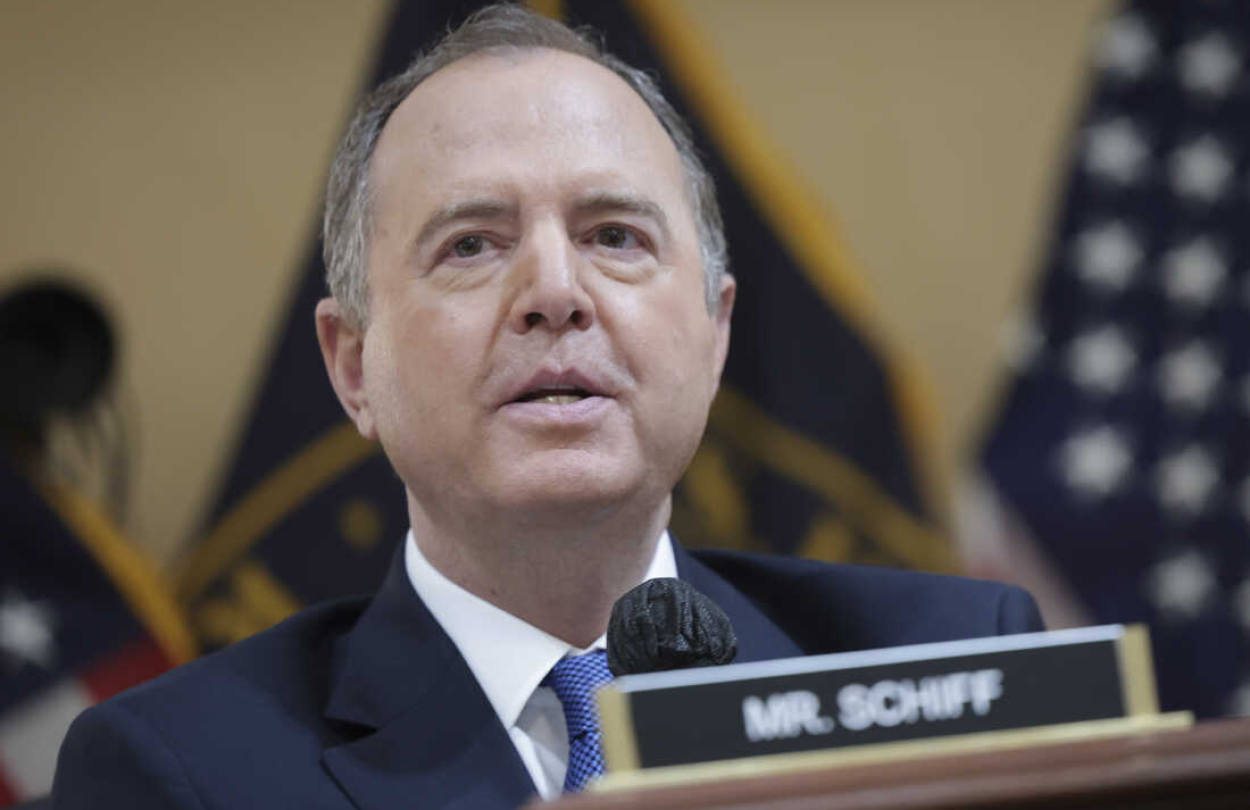You Won’t Believe What Happened to Adam Schiff – A Surprising Shift in His Political Journey
Senator Adam Schiff recently expressed frustration with his party’s lack of a unified response to the challenges facing American families, focusing on issues like rising living costs, housing affordability, and healthcare access. In a candid interview, Schiff criticized the Democratic Party for failing to present a clear strategy that could directly address these pressing concerns. According to Schiff, the failure to offer concrete solutions during a recent event gave President Trump a chance to dominate the conversation with promises like tax cuts and reducing government waste.
Schiff argued that the Democratic Party missed an important opportunity to connect with voters struggling to make ends meet. He pointed out that many families are desperate for help with everyday problems such as paying rent or securing affordable healthcare, yet the Democratic response was scattered and unfocused. He believes that instead of highlighting broad solutions, the party spent too much time engaging in internal disagreements, which only hurt their chances of making a strong case to the public. He emphasized that the focus should shift toward policies that can improve the economic well-being of American families.
The critique comes at a time when many within the Democratic Party are questioning its direction. Some believe that the lack of a clear, cohesive message is hindering their ability to appeal to a wide range of voters. Schiff rejected suggestions from certain figures in the party who recommend a more passive approach, which would involve waiting for a better moment to challenge the current administration. Instead, Schiff stressed that the party must actively promote a forward-thinking agenda that addresses the real challenges people are facing.
Schiff’s comments come in the wake of concerns that internal divisions are weakening the party’s appeal. He noted that while the opposition often provides clear and decisive promises, such as tax cuts and government reforms, the Democratic Party struggles with presenting a united front. This, according to Schiff, has contributed to the party’s difficulties in recent elections. He believes that it is crucial for the party to prioritize pragmatic policies that resonate with everyday Americans rather than becoming bogged down in ideological disagreements.
The response to Schiff’s remarks has been mixed. Some within the Democratic Party have criticized his statements, suggesting that they oversimplify the complex challenges the party faces. Others have supported his call for a more aggressive approach, arguing that the party needs bold leadership and clear solutions if it hopes to regain the trust of voters. Political commentators have weighed in, with some pointing to Schiff’s remarks as a sign of Democratic weakness, while others see them as an important call for change.
One of the key themes in Schiff’s comments is the economic struggles of American families. He highlighted the frustration many people feel as they try to keep up with rising costs of living and secure basic necessities like healthcare and housing. Schiff believes that the Democratic Party’s failure to address these issues has allowed the narrative to be dominated by promises from the opposition. He urged his party to present concrete solutions that address these challenges head-on, rather than focusing on criticisms of the opposition.
Schiff’s critique also extends to the party’s messaging strategy. He pointed out that the Democrats’ failure to focus on issues that directly impact voters has allowed the opposition to define the debate. According to Schiff, if the party wants to reconnect with the public, it must offer practical solutions to the issues families face every day.
Looking forward, Schiff’s comments reflect a growing sense of urgency within the Democratic Party to rethink its strategy. The upcoming elections will test the party’s ability to rally around a unified, practical agenda that directly addresses the needs of American families. Schiff believes that if the party can provide clear solutions and build a more cohesive message, it will be in a better position to earn the trust of voters.
In addition to policy solutions, Schiff’s remarks also touch on the need for greater unity within the party. He emphasized the importance of putting aside internal disagreements in order to focus on the bigger picture: improving the lives of everyday Americans. For Schiff, this means prioritizing policies that address the root causes of economic hardship and creating a more inclusive and effective approach to governance.
The debate sparked by Schiff’s comments underscores the challenges that many political parties face as they try to adapt to changing public concerns. The Democratic Party is at a crossroads, and its ability to craft a coherent, solutions-focused message will be critical in determining its future success. In this moment of political reflection, the party has an opportunity to evolve and refocus its efforts on delivering tangible results for the American people.
